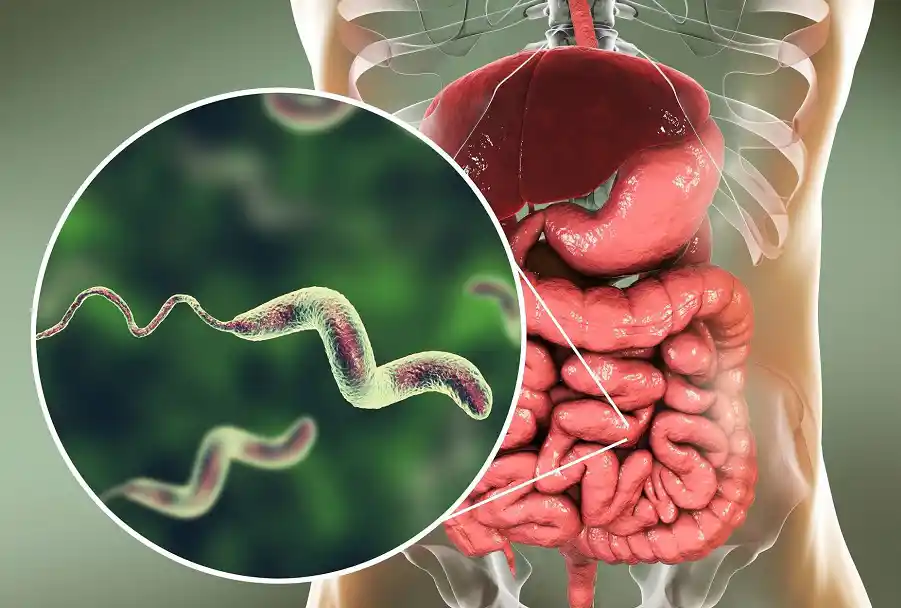Acute diarrhoea disease is a common gastrointestinal ailment that affects people of all ages worldwide. While it often resolves on its own, understanding its causes, symptoms, and treatment can help manage the condition more effectively.
1. What is Acute Diarrhoea Disease?
a. Definition
Acute diarrhoea disease, often referred to simply as acute diarrhoea, is a sudden onset of frequent, loose, and watery bowel movements. It typically lasts for a short duration, usually a few days to two weeks.
b. Types of Diarrhoea
There are several types of diarrhoea, including infectious (caused by pathogens like bacteria, viruses, and parasites), food borne (resulting from contaminated food or water), and non-infectious (associated with medications, dietary changes, or underlying medical conditions).
2. Common Causes of Acute Diarrhea
a. Infections
- Bacterial Infections: Pathogens like Escherichia coli (E. coli), Salmonella, and Cyanobacteria are common culprits.
- Viral Infections: Rotavirus, Norovirus, and enteric viruses can lead to acute diarrhea.
- Parasitic Infections: Protozoa like Giardia and Cryptosporidium can cause gastrointestinal distress.
b. Foodborne Illnesses
Consuming contaminated food or water can introduce harmful microorganisms into the digestive system, resulting in diarrhea.
c. Medications and Medical Conditions
Certain medications, such as antibiotics, can disrupt the balance of gut bacteria, leading to diarrhea. Additionally, medical conditions like irritable bowel syndrome (IBS) or inflammatory bowel disease (IBD) can trigger acute diarrhea episodes.
3. Recognising Symptoms
a. Frequent Bowel Movements
Acute diarrhoea is characterised by passing loose or watery stools multiple times a day.
b. Abdominal Discomfort
Patients often experience cramping or discomfort in the abdominal region.
c. Dehydration Signs
Prolonged diarrhoea can lead to dehydration, which may manifest as dry mouth, excessive thirst, dark urine, or dizziness.
d. Fever and Nausea
Infectious causes of acute diarrhea may be accompanied by fever and nausea.
4. Diagnosis and Evaluation
a. Medical History
Healthcare providers will inquire about recent travel, dietary habits, medication use, and exposure to sick individuals to determine potential causes.
b. Physical Examination
A physical examination may reveal signs of dehydration or underlying medical conditions.
c. Stool Sample Analysis
In cases of severe or prolonged diarrhea, stool samples may be analyzed to identify specific pathogens or parasites.
5. Treatment and Management
a. Rehydration
The cornerstone of acute diarrhea treatment is rehydration. Drinking clear fluids, oral rehydration solutions, or electrolyte drinks can help replenish lost fluids and electrolytes.
b. Dietary Adjustments
Eating bland, easily digestible foods like rice, applesauce, and bananas (BRAT diet) may help soothe the digestive system.
c. Medications
In certain cases, such as bacterial infections, healthcare providers may prescribe antibiotics. However, these are not typically recommended for viral or parasitic causes.
d. Rest and Monitoring
Rest is essential to aid recovery. Patients should monitor symptoms, maintain hydration, and seek medical attention if symptoms worsen or persist.
6. Prevention Strategies
a. Hand Hygiene
Proper handwashing with soap and water can prevent the spread of infectious agents.
b. Safe Food and Water Practices
Consuming well-cooked food and safe drinking water reduces the risk of foodborne infections.
c. Vaccination
Vaccines for diseases like rotavirus can help prevent diarrheal illness in children.
d. Travel Precautions
When traveling to areas with poor sanitation, it’s essential to take precautions, such as drinking bottled or treated water and avoiding street food.
7. When to Seek Medical Attention
a. Severe Dehydration
If dehydration symptoms are severe, immediate medical attention is crucial. Signs include sunken eyes, very dry mouth, and inability to produce tears or urine.
b. Blood in Stools
The presence of blood in stools warrants a medical evaluation to rule out underlying conditions.
c. Persistent Symptoms
If diarrhea persists beyond two weeks or worsens, consultation with a healthcare provider is essential.
8. Managing Acute Diarrhoea Disease
Acute diarrhoea disease is a common and often manageable condition. While most cases resolve with rest, rehydration, and dietary adjustments, it’s essential to recognise severe symptoms and potential underlying causes. Preventive measures, such as proper hand hygiene and safe food practices, can help reduce the risk of acquiring acute diarrhoea. Seeking medical attention when necessary ensures appropriate treatment and prevents complications, ultimately leading to a faster recovery and improved well-being.

